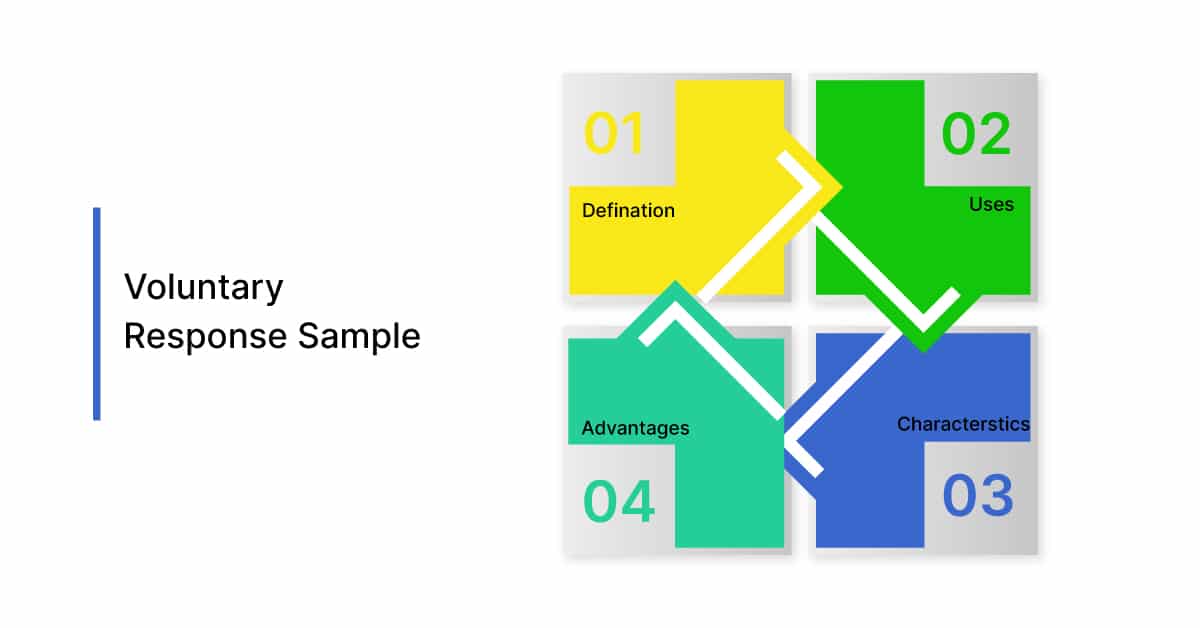

In the realm of market research, where data is a commodity, sampling methods play a crucial role in ensuring the accuracy and reliability of findings. One such method is voluntary response sampling.
In this blog, we will delve into the intricacies of this sampling method and explore how it is useful in certain contexts but challenging in others.
A voluntary response sample can be defined as a sample made up of participants who have voluntarily chosen to participate as a part of the sample group.
Participants in a voluntary sampling usually choose to respond to surveys because they have a strong opinion on the subject of the survey.
Voluntary samples are easily accessible.
Due to the convenience of gathering data from interested participants, data collection is faster.
All this can also lead to voluntary response bias, as most of those who participate will have a strong opinion about a topic in either direction. Another reason why people participate is due to the convenience of joining the survey.
Voluntary response sampling is considered a type of non-probability sampling technique because participants are self-chosen and not selected by the researcher on a random basis.
Some common methods you can use to collect voluntary responses are online surveys or phone surveys. These methods rely on individuals taking the initiative to respond. While voluntary response samples can be convenient and cost-effective, they are also prone to bias, as respondents may have different characteristics or opinions than those who choose not to respond.
10Mn+ respondents | 90+ profiling points | 20-30% ad hoc saving
Voluntary response sampling is not advantageous or applicable in most studies as it is highly susceptible to bias and yields unreliable results. Instead, other sampling techniques should be used such as simple random sampling, stratified random sampling, or even purposive sampling.
Because of its disadvantages, voluntary response sampling is not suited to studies where the aim is to create unbiased results. However, there are some cases where a voluntary response sample can be useful. For instance, it can be used by the entertainment industry by talk show hosts or radio hosts. When people watch talk shows or listen to the radio, they want to hear strong and unique opinions. In such cases voluntary response sampling is apt as respondents that do give their opinion, will likely have a really strong stance on the subject.
Some organizations employ the use of voluntary response sampling in promotional or marketing strategies to advertise their products. They can use it to influence existing customers to start advocating for the brand. This improves the organization’s brand image which will in turn have positive effects on sales, revenues, and profits.
An example of a voluntary response sample is when TV show hosts of competitions, such as the American Idol, ask their viewers to send in their responses about who they think should win the competition. Only viewers who have strong opinions on who should win will send in their votes. Viewers who are indifferent toward the show and its competitors will not send in their votes.